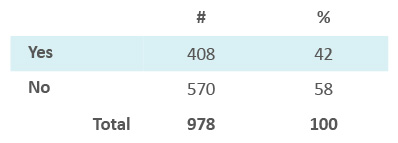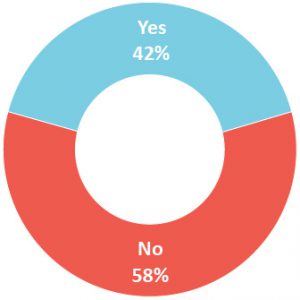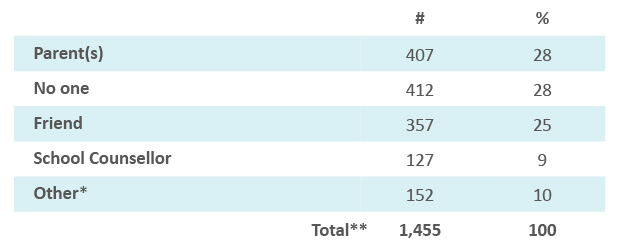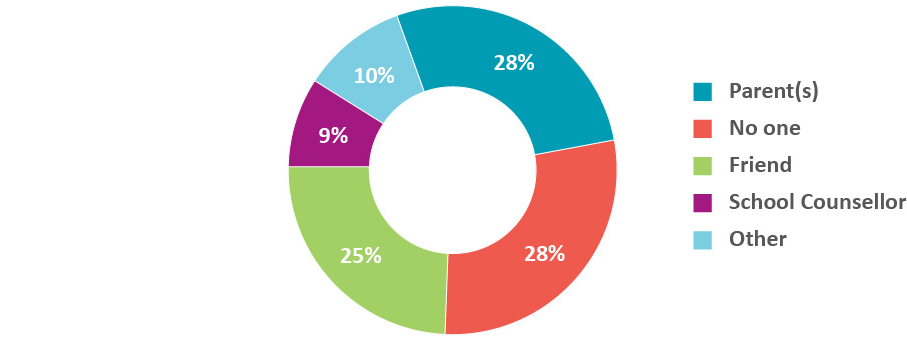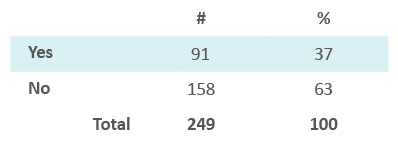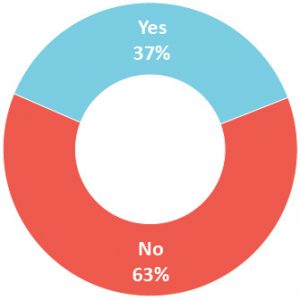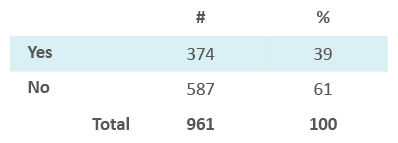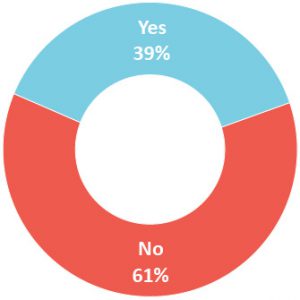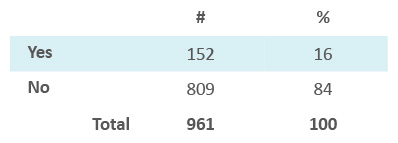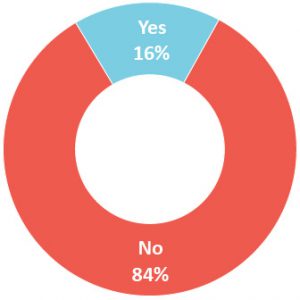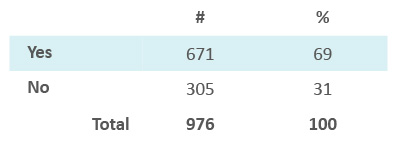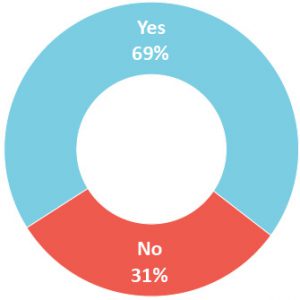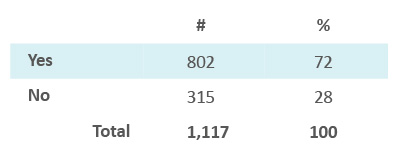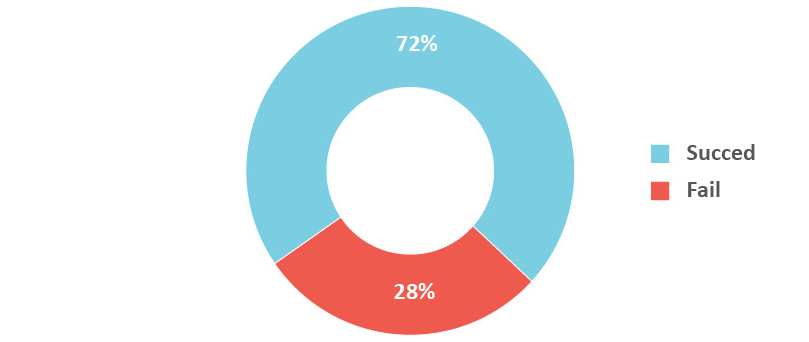Can Students Succeed?
By Peter T. Guy, Ph.D.
A SURVEY of RYERSON UNIVERSITY students at the Ted Rogers School of Business Management and the Ted Rogers School of Information Technology Management 2006 – 2008
Executive Summary
Optimax undertook a study of Ryerson students to determine if:
- Extremely high interests in biology and chemistry create great potential in biochemistry.
- High didactic and teaching scores predispose this person to a teaching profession.
- Extremely high interests in medical sciences and nursing suggest an area in medicine.
- High scores in leadership, organizing, and management predispose the individual to management within an organization with a high potential to reach an Executive level.
A total of 1,117 first-year students from both the School of Business Management (869 students) and the School of Information Technology Management (248 students) were given the Optimax Career Orientation Survey. Each student was given a 60-page report with detailed findings about their character’s strengths, weaknesses, talents, competencies, as well as leadership and learning styles.
The results were striking. Even though the students were in highly specialized and exclusive programs fully 58% of them had not decided what career path they would take after graduation. A majority of these first-year students (68%) had not yet decided what major to take in subsequent years. According to the Optimax Career Orientation Survey, a majority of the students (64%) were not ideally matched to their programs. The majority of students rely on parents (28%) and friends (25%) to make decisions about their education. Only 9% of students were helped by guidance counsellors. It is significant that the Optimax Program and the Canadian Millennium Scholarship Foundation research identified almost the same percentage of students who will not graduate from university – respectively 25% and 28%. Finally, students were clear that the process of the Optimax Orientation Survey was leading them to reconsider their career choices – and in some cases, their program choice.
Overall, the study draws a picture of thoughtful, highly motivated students who, while they are enrolled in a costly and challenging program, are not entirely satisfied with their choice and certainly do not see it as a direct path to their ultimate career. The study is not critical in any way of the current program, it is designed rather, to shed light on the systemic problem of the poor matching of orientation to program, Poor matching has significant costs for students, their families, program as well as institutional success and government.
Career Orientation Survey
- Did anyone assist you in making a decision about your post graduate
education?
School counsellors are advising only 9% students who are aiming to become designated profesionals but 63% of students have to seek help from friends and family. Fully 28% of students had to make their own decisions. No student listed a system or organization that helped them to make their education/career decision.
* There are other family members – siblings, cousins, etc.
** Total number is higher than 978 because some students chosen more than one answer.

- Do you know which profession/job will you choose after graduating from
University?
Fully 58% first year students have no idea what profession or job they will choose in the future. These findings correspond well to research by the Canadian Millennium Scholarship Foundation, which notes that just 54% of university students graduate from their original program. - Do you know what Major program you plan to choose?
Not only do students have difficulties choosing a school, they also have difficulty choosing a major program.
* The total number of surveys is lower because this question was added in the second year of the Ryerson Pilot Project

- Did Optimax results allow you to consider a new more attractive profession?
Once students completed the Optimax Program, a significant proportion of them (39%) inspired them to consider professions unrelated to their current program.

- Are you considering changing your program based on your Optimax results?
Fully 152 students were convinced to change the program after taking the Optimax Character Assessment. It is notable that so many students understood the unsuitability of their present program after only after a couple of weeks.

- Overall interest to meet the Optimax staff to discuss the career directions.


- Ability to Succeed
The Optimax tool was able to identify 28 percent of Ted Rogers School of Management students who will not graduate from university. These results are close to the 2009 results of research by Canadian Millennium Scholarship Foundation which found that about a quarter of university students have dropped out by the five-year point.
* Lack of talents or/and low intelligence or/and low memory

